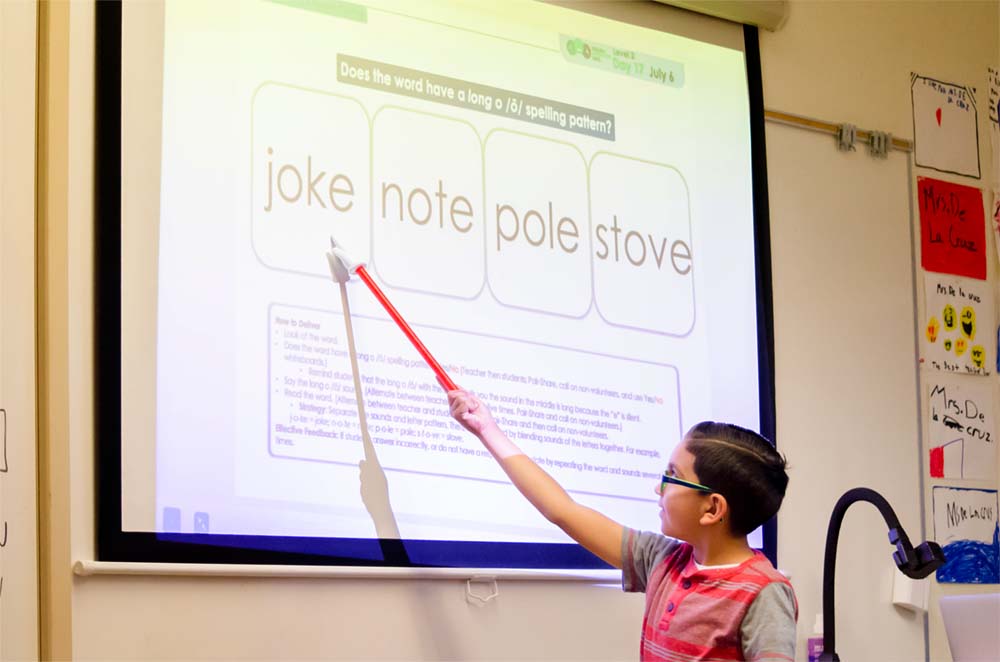Reading Instruction:
Keys to Success Workshop
Mastering the Five Pillars of Reading & Key Strategies


Integrating Other Essential Literacy Components
Understanding The History of Reading


Matching Instruction to How the Brain Reads
What Do Clients Say?
” I have one minute between sessions and wanted to say a quick thank you. Staff are buzzing after the session today! I am very grateful for your time today. You have dispelled misconceptions and inspired staff. I will be in touch but wanted to give you this exciting positive outcome from today. Thank you!!”
Laura O’Hara
“EDI has helped me structure lessons that make learning accessible and successful for all students. It lowers the affective filter of my English Learners, and allows them access to grade-level content and vocabulary. When used in Language Arts, reading is strengthened by a focused unpacking of the students. This makes a complicated process of learning accessible to all students.”
Janelle Honn
Contact Us
Let’s talk about your needs and goals, and allow us to show you some of our services on screen at the same time. It’s easy to get started. Fill out the form with your school email address, and we will get back to you.
Fill out the formLet us know how to contact you and the best time to do so. |
|
We contact youOne of our staff members will contact you at the time you desire. |
|
Then we meet.We will prepare some information to meet your interests, and we’ll discuss details of what you are seeing in your classrooms and how we can help. |
